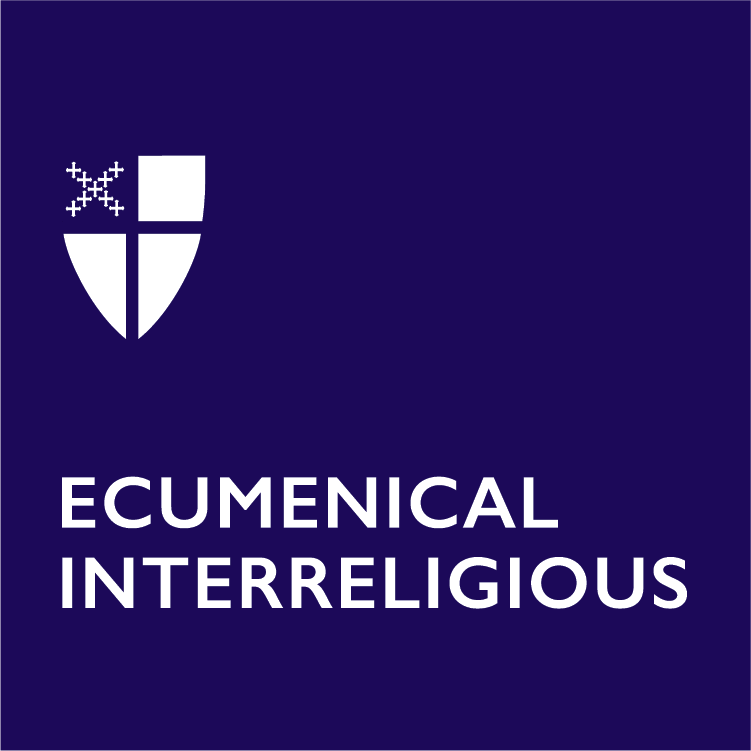The Episcopal-Presbyterian Dialogue met in Chicago, Illinois at the Nicholas Center at the Episcopal Diocese of Chicago on October 4-5, 2017. Members present from the Episcopal Church: the Right Rev. Dr. Eugene Sutton (co-chair), the Rev. Dr. Timothy Mulder, the Rev. Dr. Joseph Wolyniak, the Rev. Canon Elise Johnstone, Elizabeth Barker Ring and the Rev. Margaret Rose served as staff. From the Presbyterian Church, USA: Teaching Elder Rev. Dr. Christian Boyd (co-chair), Teaching Elder Kamal Hassan, Ruling Elder Anne Bond, Ruling Elder Gordon Zerkel, and Teaching Elder Robert Foltz-Morrison and the Rev. Robina Winbush served as staff.
After a time of updating dialogue members on both personal and denominational occurrences, the dialogue members began a review of the draft report that will be presented to both the General Assembly of the Presbyterian Church (USA) and the Episcopal General Convention in order to review what work has been done in the dialogue since it began in 2009.
The dialogue members discussed what issues still need to be addressed between the denominations and this resulted in a conversation that included sacramental and theological issues, but also a discussion regarding how both denominations have been a part of the systems of power in our world, and how that power has been misused in many ways. The dialogue members felt that further conversation on the issues of power and privilege in our denominations was greatly warranted. In previous meetings, the dialogue members have identified joint Presbyterian-Episcopal ministries of varying sorts (joint congregations, shared outreach ministries, hospitals, and more). It was agreed that producing information and frequently asked questions/guidelines on such ministries would be helpful to those who are beginning to explore partnerships from both the Episcopal and Presbyterian experience. We also received updates on the other ecumenical dialogues going on in both denominations, and we also received an update on Churches Uniting in Christ.
One of the challenges that is faced in joint Episcopal-Presbyterian congregations is the issue of how those congregations financially support their judicatory bodies; the PC(USA) makes that financial determination based on active members, and the Episcopal Church makes those determinations based on a congregation’s operating revenue. Given that the issue of financial support to judicatories was a challenge for joint congregations, the Episcopal and Presbyterian members of the dialogue presented on the theological and canonical view of membership in each denomination, in order that we might be able to better support joint congregations.
We agreed that further dialogue work would be helpful, and in the report that is being shared with each judicatory, it is asked that each body approve another round of dialogues with each other, as this particular set of dialogues have come to its close.
The meeting concluded with ecumenical worship.

